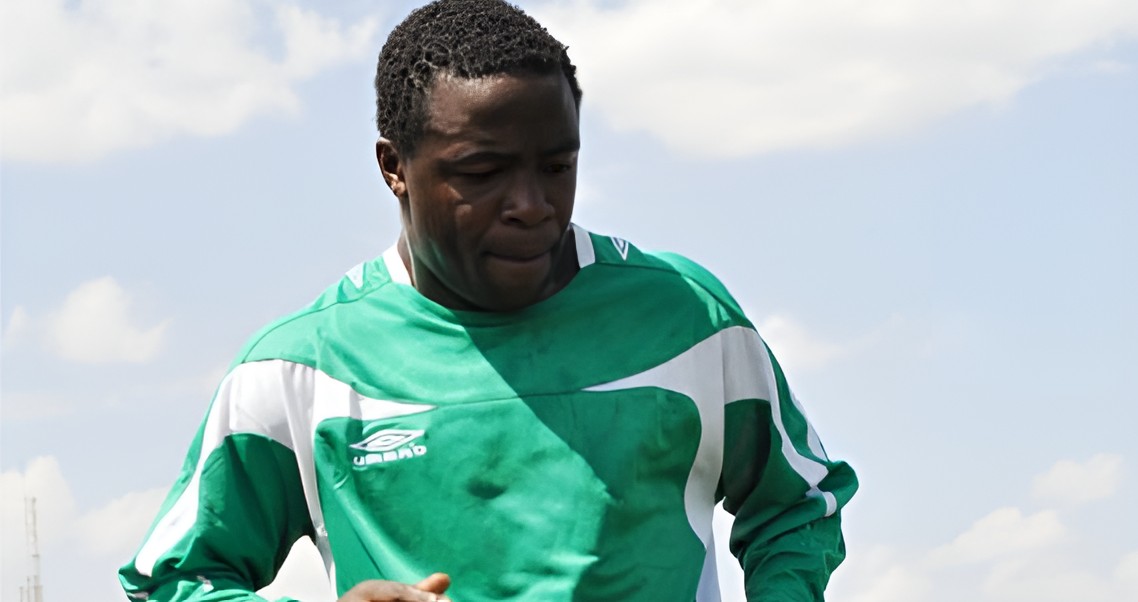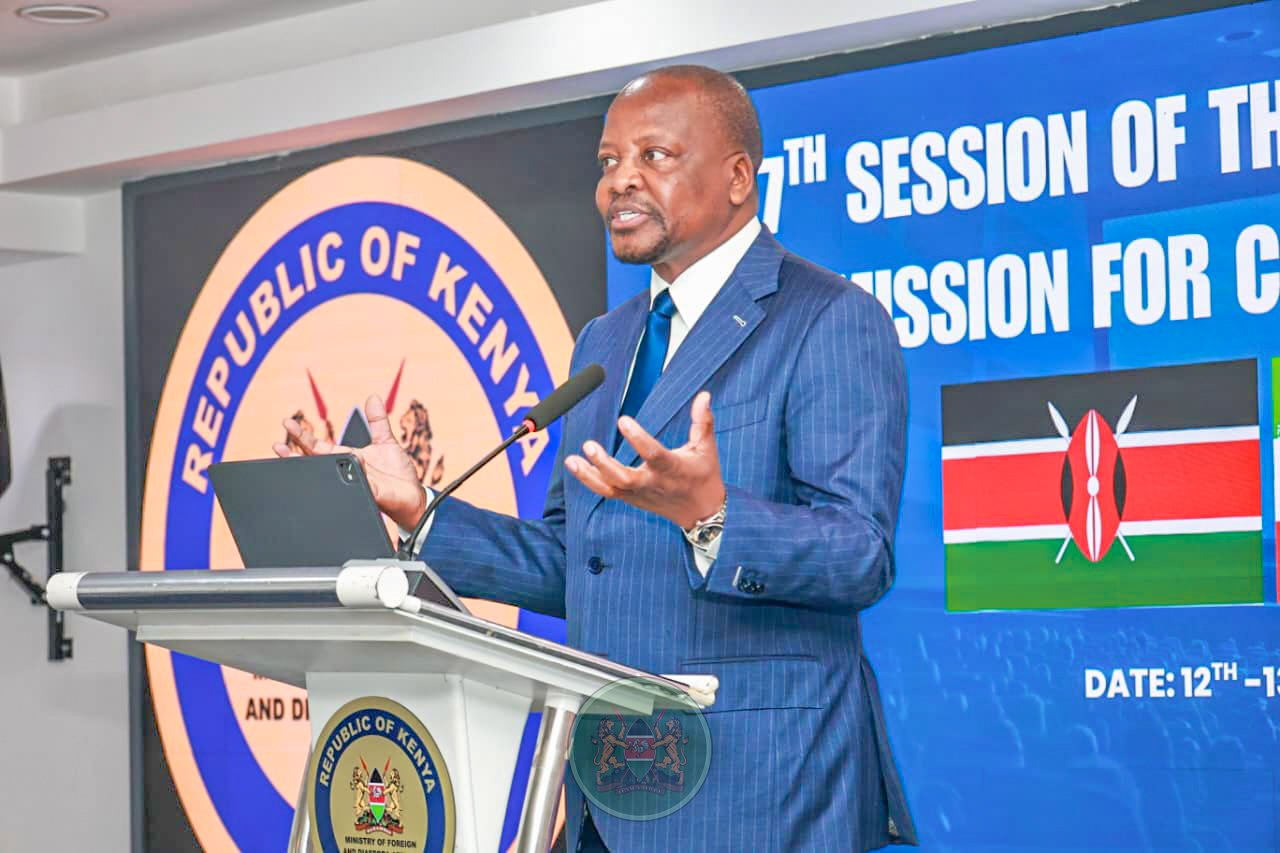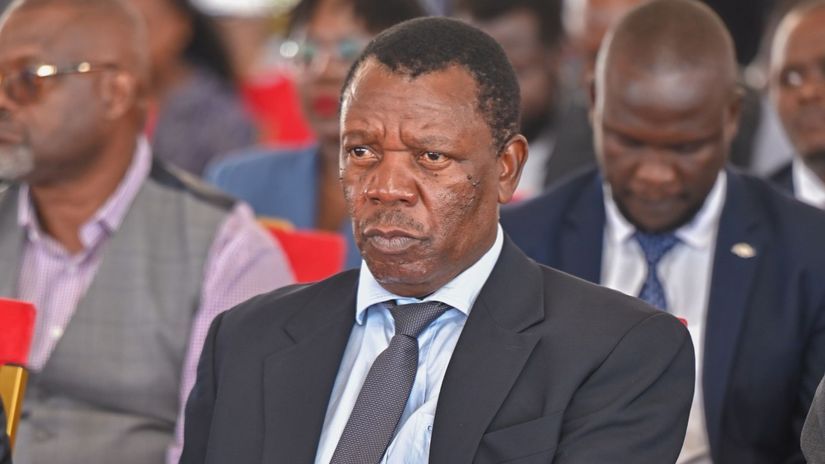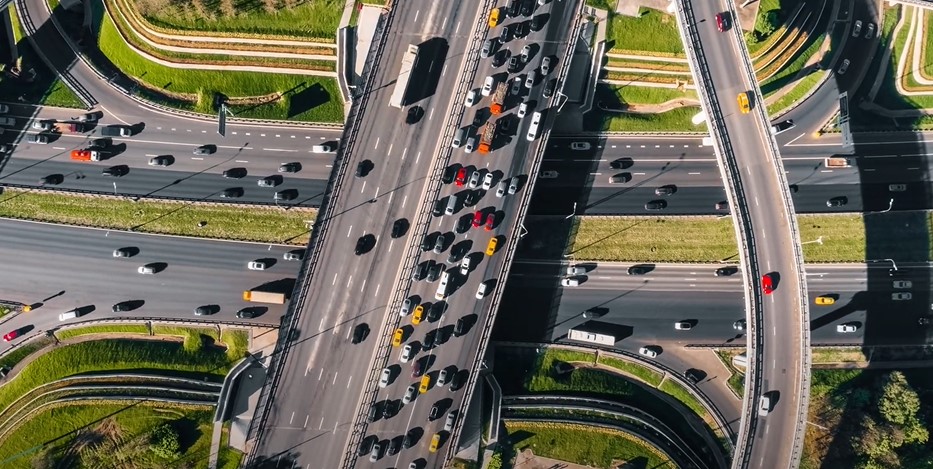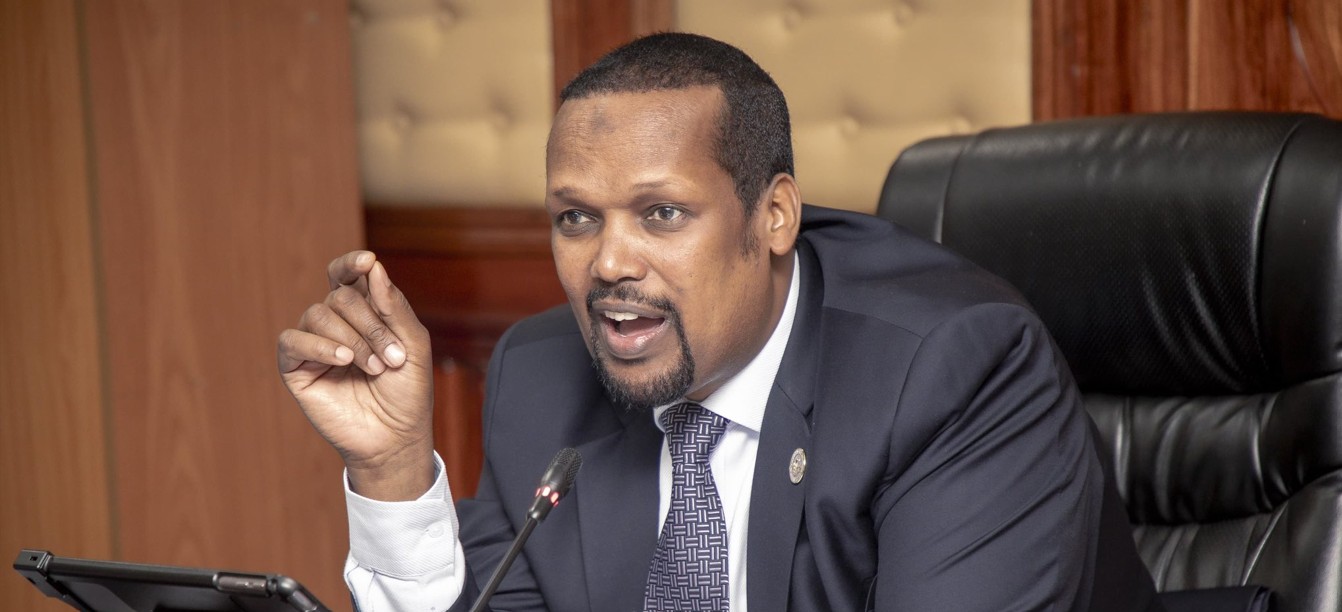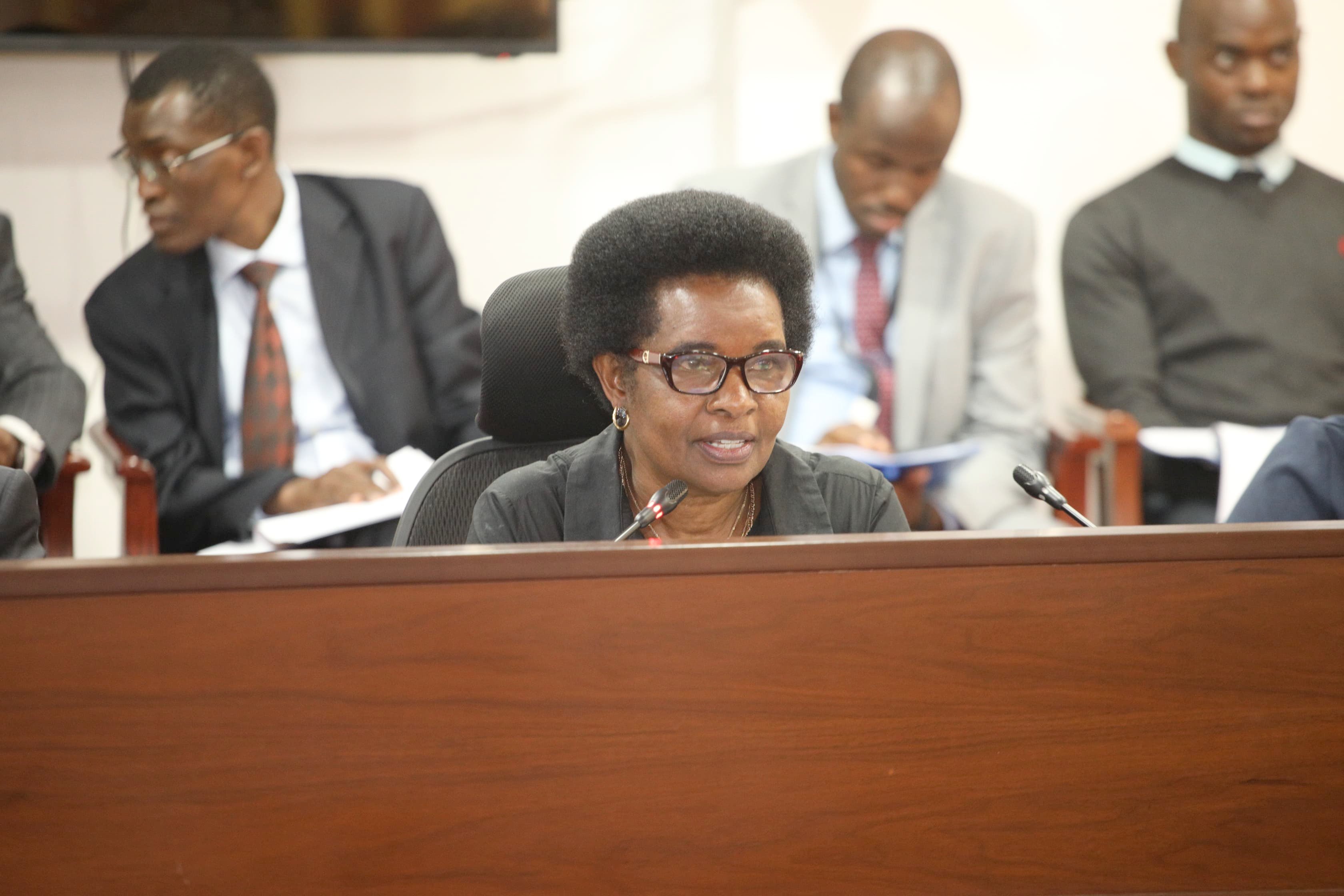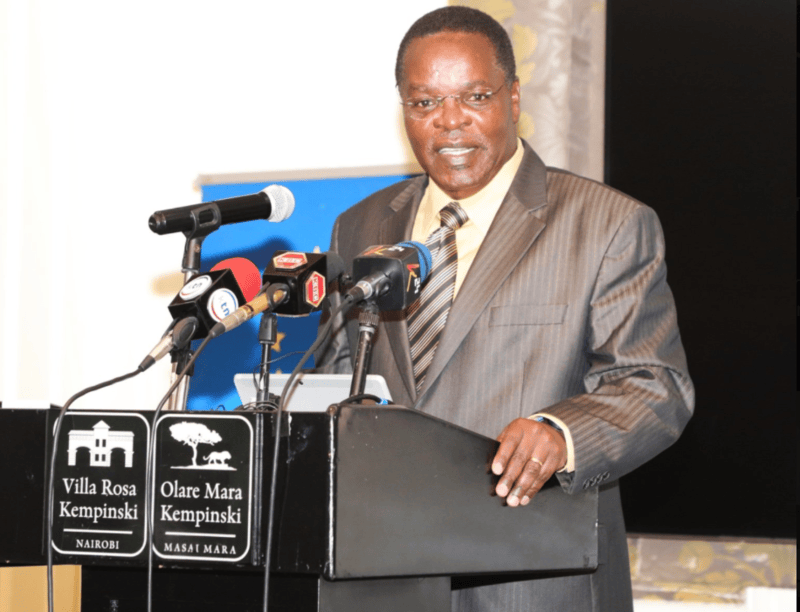Brazil aims to rally major economies for stronger climate pledges ahead of COP30
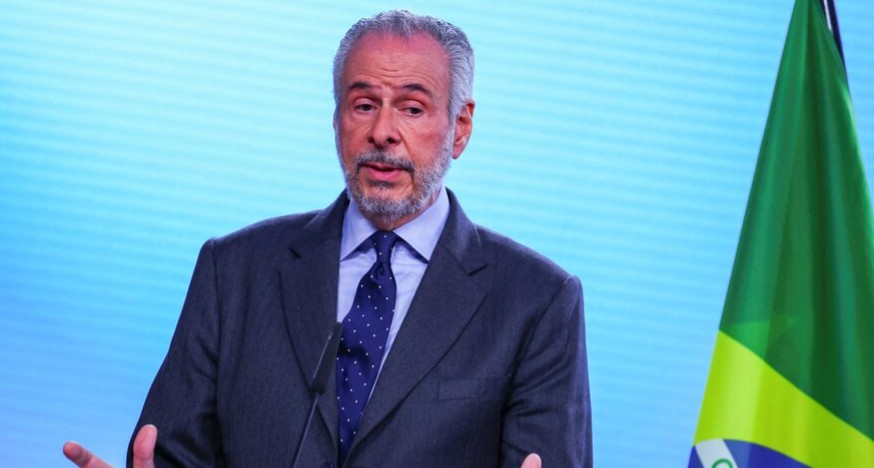
Brazil's President Luiz Inacio Lula da Silva and UN Secretary-General Antonio Guterres have scheduled a closed online meeting on Wednesday to talk with leaders from the world's 35 biggest economies about stronger commitments.
Brazil, which hosts this year's United Nations climate summit, has a main goal of persuading Europe, China and other developing economies to commit to cutting greenhouse gas emissions enough to keep global warming well below 2 degrees Celsius, three people with knowledge of the country's plans told Reuters.
Brazil's President Luiz Inacio Lula da Silva and UN Secretary-General Antonio Guterres have scheduled a closed online meeting on Wednesday to talk with leaders from the world's 35 biggest economies about stronger commitments.
More To Read
- Kenyan communities speak out as Verra moves to reform controversial carbon credit system
- Climate projects in South Sudan can turn deadly - how to avoid this
- World Court just ruled countries can be held liable for climate change damage – What does that mean for US?
- Somalia’s climate crisis demands global action, says IOM
- Historic climate change ruling from the International Court of Justice: What it means for Africa
- Environment Ministry withdraws 2025 regulations amid outcry over lack of consultation
Brazilian ambassador and COP30 president Andre Correa do Lago, was in Beijing last week, where he discussed national pledges with Chinese officials.
He said that bringing NDCs in line with the Paris Agreement was not a strictly Brazilian goal, because each nation sets its own target, but Brazil was encouraging countries to get there.
"We're not where Paris has recommended," he added. "We hope the numbers will come closer."
Brazil's Foreign Ministry did not immediately respond to a request for comment.
This year's global climate summit, COP30, hosted in the Amazonian city of Belem in November, marks the 10th anniversary of the Paris Accord, when signatories agreed to limit warming to well below 2 degrees Celsius from pre-industrial levels.
Until now, though, nations have only committed to limiting warming to around 2.6 degrees Celsius, a catastrophic level that scientists believe could lead to the collapse of several natural systems that humans depend on.
US President Donald Trump pulled his country, the world's biggest economy, out of the Paris Agreement, so closing the gap will be difficult. Brazilian diplomats hope it will be possible with a more ambitious pledge from China, the world's biggest polluter, as well as other emerging economies and Europe.
New emissions targets
Brazilian diplomats are working closely with UN officials to encourage countries to file new emissions targets, called Nationally Determined Contributions (NDCs), by September. Most countries missed a February deadline.
"In principle, Belem will go down in history as the COP with NDCs below 1.5 or 2 degrees," said one of the sources, who requested anonymity to discuss sensitive diplomatic dynamics.
Given China's importance to global climate talks, Brazil is putting added emphasis on the topic as president this year of the BRICS group, which includes China and other major developing economies.
Lula is set to meet Xi in person at least twice before the September deadline for new pledges, including at a June gathering of BRICS leaders in Brazil.
China has given no sign it plans to boost its target, and its economy has shown signs of flagging due to a punishing trade war with the US.
"The economic concerns that are constraining China's NDC are still there, if not exacerbated by Trump's tariffs," said Yao Zhe, global policy advisor with Greenpeace in Beijing.
China's Foreign Ministry did not comment specifically on the country's plans for its emissions target.
"Climate governance is currently facing headwinds. Only by strengthening multilateralism and international cooperation can we effectively address global issues," a spokesperson for the ministry said in a statement.
Top Stories Today
